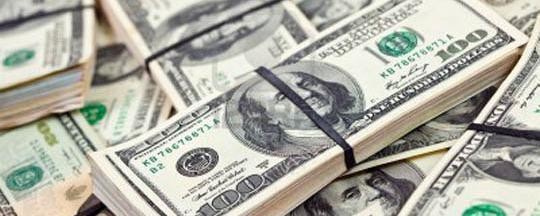South Sudan’s government gives preferential treatment to dozens of companies allowing them to buy dollars at the official rate of about 3 SSP for 1 USD. Most citizens in South Sudan are unable to access dollars at this rate and instead buy at the black market rate of more than three times that amount.
The International Monetary Fund (IMF) says that the South Sudanese government has set an exchange rate that is not “realistic,” alleging that the country’s currency policy results in a “hidden transfer of resources” to individuals with “privileged access.”
The country’s central bank has delegated powers to various government institutions to issue ‘letters of credit’. Top officials in these institutions decide which businessmen are given access to dollars at the preferential rate. The bearer of such a letter is able to trade for the dollars with the central bank.
Some of the businesses given letters of credit use the dollars for legitimate business purposes such as importing goods from neighboring countries. Others, however, simply buy their dollars at the official rate and then sell them at the black market rate.
These black market sales enrich politically connected businessmen and in turn further drive down the value of the South Sudanese pound.
Radio Tamazuj today begins publishing serially a list of companies given access to dollars at the preferential rate. Each of the listed companies has accessed dollars through the government’s letter of credit system within the last year, and was given the listed amount:
Achan Trading and Investment Co. Ltd. ($200,000)
Green Light General Trading Co. Ltd ($200,000)
AGC Company Ltd ($200,000)
Saida Investment Co. Ltd ($1,000,000)
Luwam General Trading Co. Ltd. ($300,000)
Dala General Trading Co. Ltd. ($300,000)
Nile Miok Trading & Investment Col. Ltd ($2,000,000)
Mumtaz General Trading Co. Ltd ($2,000,000)
Ezra Construction & Development Group Ltd ($1,000,000)
White See Trading Co. Ltd ($1,000,000)
Note to readers: Persons with information about any of the listed companies are encouraged to contact Radio Tamazuj to assist in ongoing corruption investigations.
Related:
Officials profiting from South Sudan dollar shortage (3 May)
IMF: South Sudan currency policy enables ‘hidden transfer of resources’ (3 May)



